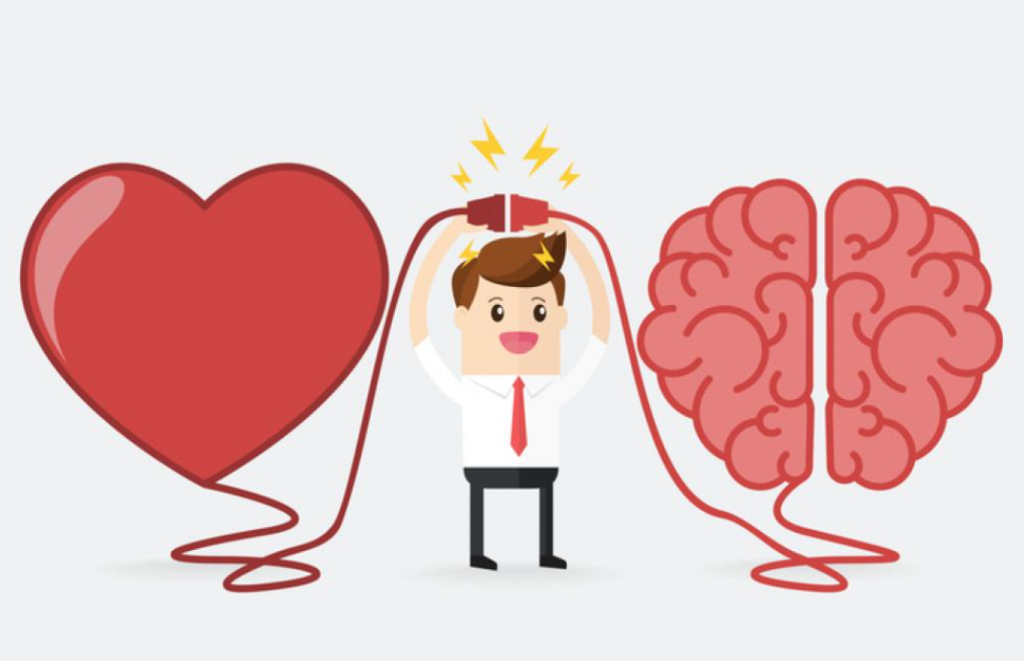Love, that magical and elusive feeling, has been the subject of poems, songs, and countless conversations throughout history. But what actually is love? Is it just a fluttering heart and butterflies in your stomach? In this article, we’ll delve into the science behind love and explore what researchers have discovered about this complex emotion. So, let’s uncover the secrets of love together!
Love and the Brain
1. The Role of Neurotransmitters
Love activates various areas of the brain and releases neurotransmitters that contribute to the experience of love. Dopamine, oxytocin, and serotonin are among the key players that create those euphoric feelings.
2. The Reward System
The brain’s reward system plays a significant role in love. When we experience love, our brain releases dopamine, the “feel-good” neurotransmitter associated with pleasure and reward.

The Types of Love
1. Romantic Love
Romantic love, also known as passionate love, is characterized by intense emotions, desire, and attraction. It’s the initial stage of a relationship, filled with excitement and infatuation.
2. Companionate Love
Companionate love is a deep and affectionate attachment that develops over time. It’s the love that sustains long-term relationships and is characterized by trust, intimacy, and emotional connection.
Love and Relationships
1. The Attachment Theory
The attachment theory suggests that our early childhood experiences shape our attachment styles in romantic relationships. These attachment styles can influence how we approach love, form connections, and relate to our partners.
2. Love as a Social Bond
Love is not just an individual experience but also a social bond. It strengthens social connections, provides support, and contributes to overall well-being.

Love and Longevity
H3: 1. Health Benefits of Love
Research suggests that being in a loving relationship has numerous health benefits. It can lower stress levels, improve immune function, and promote overall physical and mental well-being.
2. Longevity and Love
Studies have shown that being in a committed and loving relationship is associated with increased longevity. The emotional support, companionship, and sense of belonging that love provides contribute to a longer and healthier life.
Frequently Asked Questions
Can love be scientifically measured?
Love is a complex emotion, and while researchers have made strides in understanding its biological and psychological aspects, it’s challenging to measure love objectively. The experience of love varies from person to person and can be influenced by cultural, social, and individual factors.
Can science explain why we fall in love?
Science provides insights into the mechanisms and processes that occur in the brain and body when we fall in love. However, the experience of falling in love is still a deeply personal and subjective phenomenon that goes beyond scientific explanations.
Wrapping Up
Love is a multifaceted and deeply human experience that has captivated us for centuries. While science can shed light on some aspects of love, it can never fully capture the depth and complexity of this extraordinary emotion. So, embrace the mystery, cherish your connections, and let love continue to inspire and enchant you.




